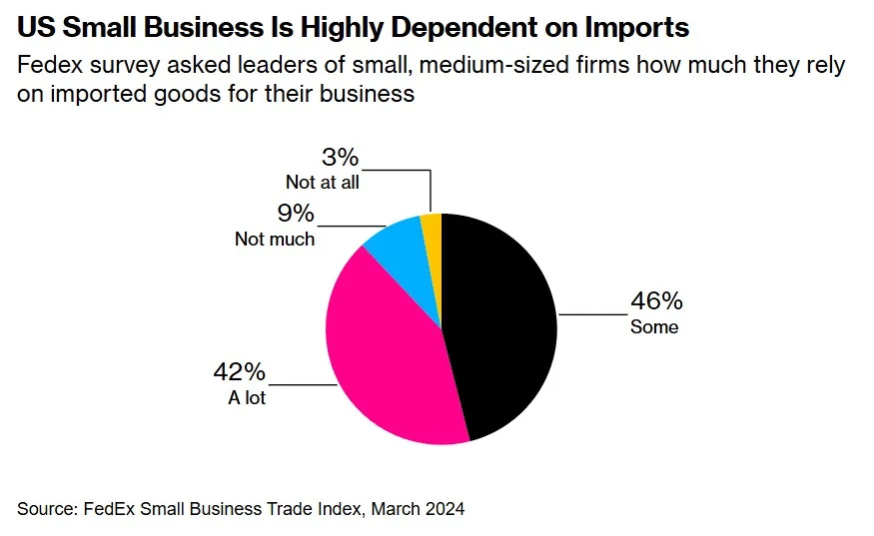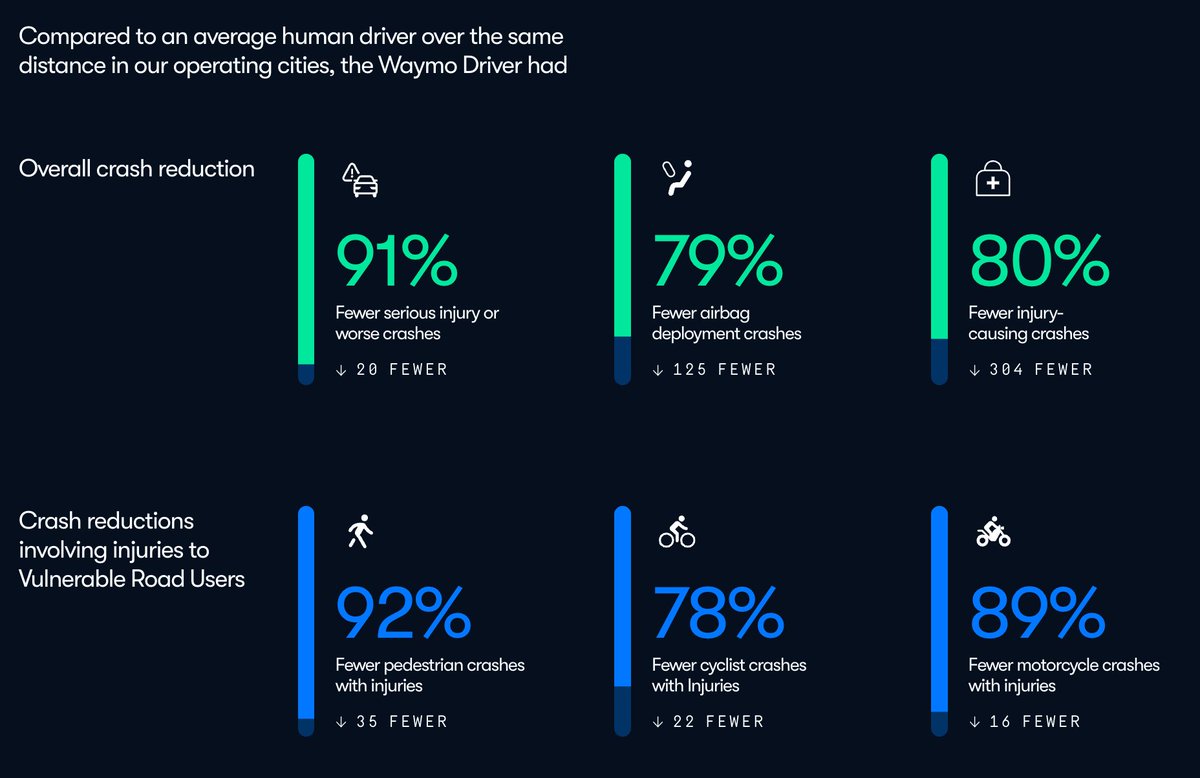
@Middlebury Prof + IPE Director. Sr Advisor @ProgressChamber Democratic Cost-of-Living Agenda. Studies the politics of trade and the tech sector. YIMBY. 🐊 🦅
4 subscribers
How to get URL link on X (Twitter) App


https://twitter.com/austinahlman/status/2003910651820102118First, for this would-be small business owner, an Abundance orientation would help him or her out by cutting Trump’s tariffs, which are causing huge problems for small businesses. We’d also help him find workers via more liberalized immigration policies. 2/9


 First, I never said that “no one had a nice life then.” On a good salary you clearly could. But people have this habit of thinking their family was often much more working class then it was. Take for instance this person. 2/
First, I never said that “no one had a nice life then.” On a good salary you clearly could. But people have this habit of thinking their family was often much more working class then it was. Take for instance this person. 2/ 

https://twitter.com/MattZeitlin/status/1980496212613820923When most people think of floods, they do not think of a place like Vermont. It’s inland and mountainous. But historically, Vermont developed as these little villages along rivers that created opportunities for mills. (Middlebury is a good example of this) 2/10


https://twitter.com/carney/status/1907980093080711521Money is for spending. Money that others won’t take isn’t money at all. Would my landlord let me pay him in Thai baht? Of course not. Because he can’t turn around and spend Thai baht. Conversely, U.S. dollars *are* money that everyone wants because everyone will take it. 2/4
https://twitter.com/DrewSav/status/1897781694733672821Second, there are enormous tax breaks given to farmers and to a cancerous set of hyper-NIMBY institutions known as "land trusts." So most property owners don't actually pay much if any property tax. That raises rates for those who do pay (only ~1/3 pay full freight). 2/6




 As you can see, the vast majority of workers are to the right of zero, meaning most workers benefited. Look too at the breakout panels. Even most manufacturing workers benefited, as did essentially all non-manufacturing workers. 2/13
As you can see, the vast majority of workers are to the right of zero, meaning most workers benefited. Look too at the breakout panels. Even most manufacturing workers benefited, as did essentially all non-manufacturing workers. 2/13

 So let’s start w/ the paper that Arun cites. It’s got solid methodology (you don’t get in AER for nothing) but there are nevertheless several problems I see with it. First, it can’t fully control for big culture politics events of the time. 2/
So let’s start w/ the paper that Arun cites. It’s got solid methodology (you don’t get in AER for nothing) but there are nevertheless several problems I see with it. First, it can’t fully control for big culture politics events of the time. 2/ 

https://twitter.com/mattyglesias/status/1852471963194659213
 The reason this example is on my mind is I was at a housing policy meeting recently and there was this environmentalist citing bees as why we can’t allow new neighborhoods and so I showed her charts about the bee pop recovering. You’d think she’d have loved that news but… 2/4
The reason this example is on my mind is I was at a housing policy meeting recently and there was this environmentalist citing bees as why we can’t allow new neighborhoods and so I showed her charts about the bee pop recovering. You’d think she’d have loved that news but… 2/4



https://twitter.com/sandeepvaheesan/status/1834251636169998711First, it’s important to understand where the authors’ argument is coming from. The Open Markets Institute, like others on parts of the left, holds fighting business and particularly big business as its first priority intellectual commitment. 2/

https://twitter.com/taraghuveer/status/1828424507654021416Lots of people, particularly more socialist + populist people, when they think about power in political economy think “who has power?” And that’s fair. But another way to think about power that’s especially relevant to housing is, “what kind of power do people have?” 2/

 The great enemy of the renter is not the landlord; it is the invisible graveyard of housing that a developer wanted to build but wasn’t allowed to. 2/6
The great enemy of the renter is not the landlord; it is the invisible graveyard of housing that a developer wanted to build but wasn’t allowed to. 2/6